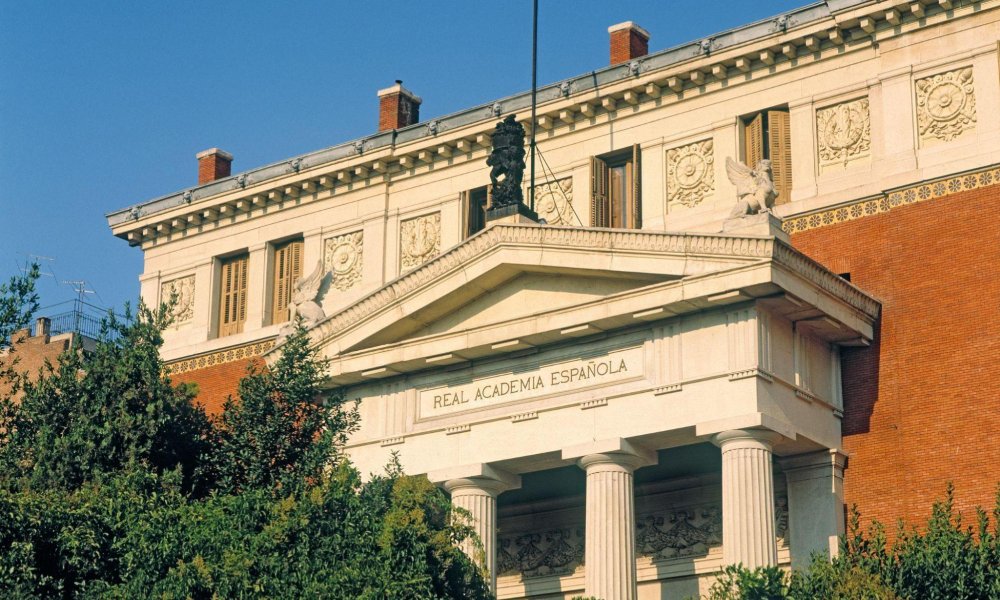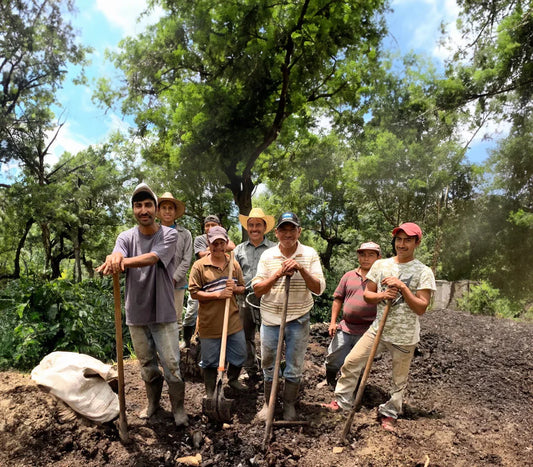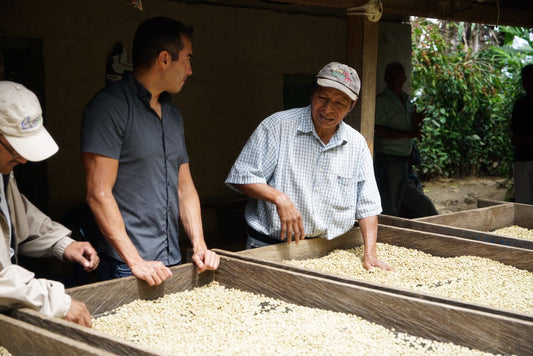
Real Academia Española is powerful – but it will never control the language spoken by Latinos
Many Latinos believe RAE is an antiquated institution that is trying to hold back the natural evolution of the Spanish language.
Can you imagine being told to speak using only a set of words that are deemed acceptable? Well, many Spanish-speaking communities across the US and countries within South and Central America have mixed feelings about Real Academia Española.
The Real Academia Española (RAE) came into existence in June 1713 thanks in large part to Juan Manuel Fernández Pacheco y Zúñiga.
Inspired by France's Académie Française, he wanted to create a similar body to protect the Spanish language. A year after its inception, King Philip V provided RAE with its royal certificate. By doing so, the institution was legally registered.
Since its inception, the purpose of RAE has been to preserve the Spanish language by, “fixing the words and terms of the Castilian language to ensure its utmost propriety, elegance and purity”. In other words, to set a criteria for others to use in order to properly utilize the language.
As part of this, RAE attempts to unite the Spanish-speaking countries by having a standard use of the Spanish language. Its mission is to maintain its unity and preserve the language within multiple countries that utilize the language by preventing drastic adaptations of the language itself.
Indeed, Article 1 of RAE’s charter states that its mission is to, “supervise [that] the changes that the Spanish language experiments and its constant adjustments to the necessities of its speakers don’t break the essential unity that holds the Hispanic world”.
In total, 21 Spanish language academies in Latin America have assisted RAE in its ambition to develop a set of criteria for the Spanish language.
So where do the mixed feelings come into the picture?
The problems with RAE
As many countries and their cultures grow and develop, language naturally evolves to accommodate these changes.
However, one of the criticisms often aimed at RAE is that it has been extremely slow in adapting.
It insists on remaining original in its form and is reluctant to reflect Latin American society’s changes by incorporating new words, expressions, and neologisms into the Spanish language.
Some argue that this is because RAE wants to maintain the "purity" of the Spanish language, but others say that it makes the language less dynamic and less capable of keeping up with modern society.
It is often perceived as having a bias towards the Spanish spoken in Spain, at the expense of the variations in other Spanish-speaking countries.

The RAE's grammar rules and orthography recommendations lean heavily on the standard Spanish spoken in Spain, and they don't always account for the different idiomatic expressions and grammar variations that are used in other Spanish-speaking countries.
Consequently, many Latinos find it odd that RAE prides itself on standardizing the Spanish language for people living so far from its base in Madrid, Spain’s capital city, with some suggesting it has echoes of colonialism.
This is only reinforced by the fact that in Spanish-colonized countries, the indigenous populations were stripped of their original languages in place of Spanish. Yet now, even with our own cultural development, we are being instructed on what we should and shouldn’t do from afar.
And it’s not just other cultures and countries that take umbrage with the RAE’s approach. Despite its mission to unite the Spanish-speaking world, the institution is also openly cautious about making Spanish more gender-inclusive.
As such the LGBTQ and feminist activists are creating a movement to make Spanish more inclusive, which involves convincing RAE to do the same.
Yet the institution has put up resistance. It recently stated that incorporating a more gender-inclusive Spanish language is “artificial and unnecessary” since the masculine plural already encompasses all genders – to which feminists often say, “Lo que no se menciona, no existe” (“What is not mentioned does not exist”).
“The problem is we’re confusing grammar with machismo,” said RAE’s director, Darío Villanueva.
Can RAE control how we speak?
This leads us to ask the question: can RAE really control how we speak? The answer is a definitive no. There is a difference between providing suggestions on the usage of the Spanish language and enforcing the Latino community to speak in a certain way.
Language is something that belongs to the people, and ultimately, it's the speakers who decide how it is used. The RAE can make suggestions, but it cannot impose its views on the public.
As such, Latinos are at liberty to continue to adapt and change the Spanish language as we see fit.
Of course, this does not mean that we should make up words or phrases for the sake of it. Rather, as our world shifts during the course of our lives and new terms are brought into light, we too can include these changes when we speak Spanish without worrying about an old, distant institution.
“Real Academia Española still has a long way to go before really being inclusive,” says Rosalía Vázquez, a copy editor in Ecuador.
“Language isn’t dictated by what an institution says – it’s dictated by how people speak. The most wonderful thing about language is that if people speak a certain way, it inevitably becomes the rule. Because language belongs to the people.”


